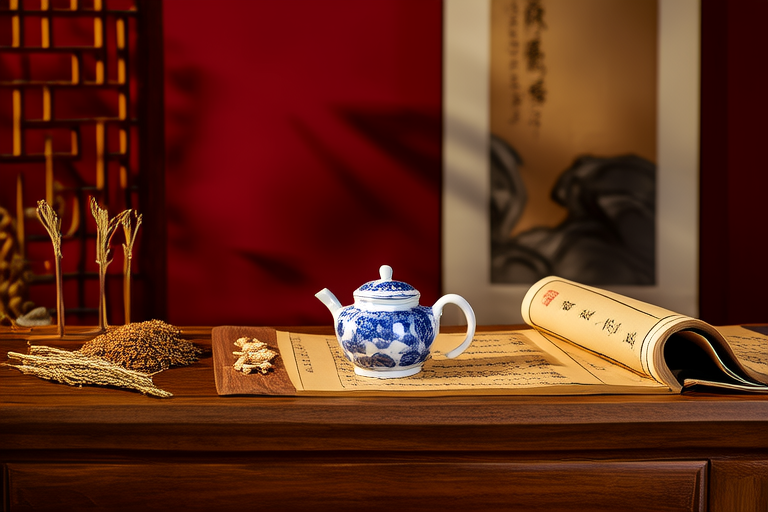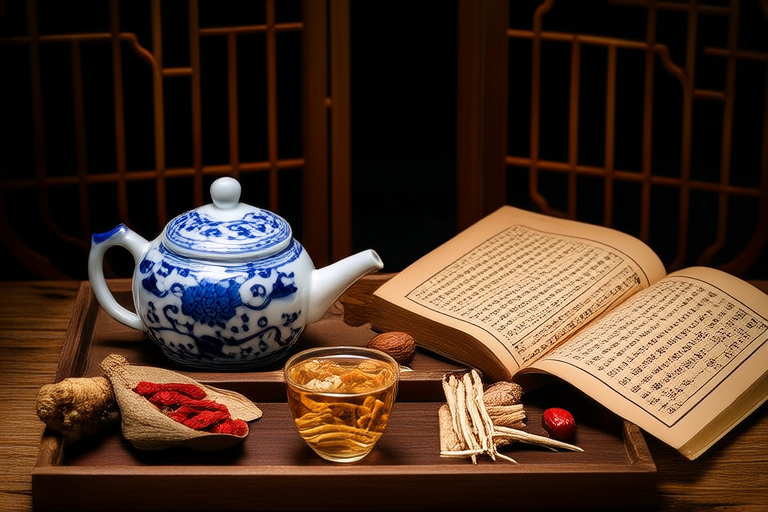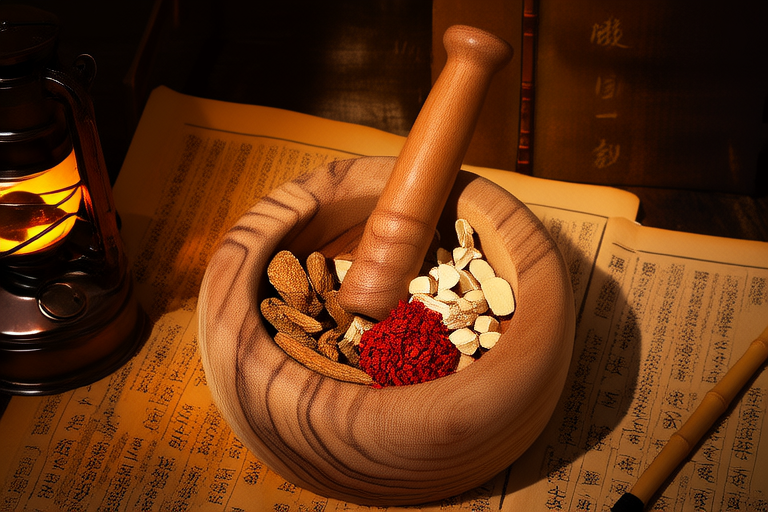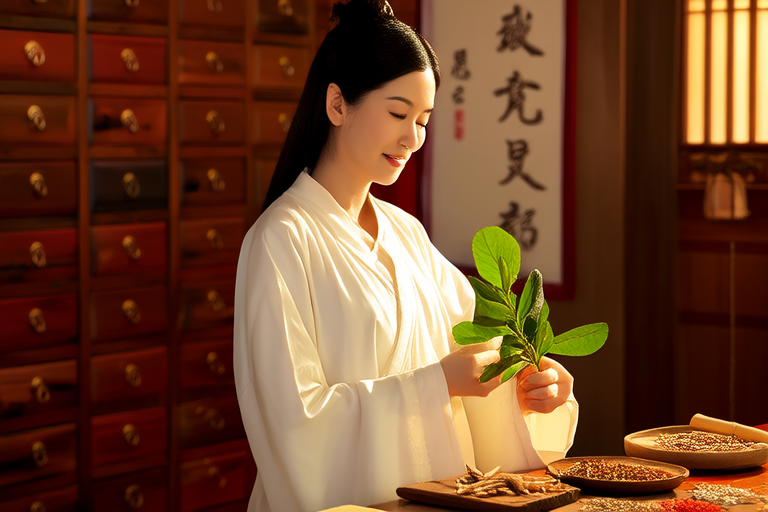Introduction to Wellness and Secrets of Traditional Chinese Medicine
Welcome to an exploration of traditional Chinese medicine (TCM) and its principles for maintaining health and wellness. TCM has been practiced for thousands of years and is based on the belief that the body must be in harmony with nature to achieve optimal health. This article will introduce you to the basic theories of TCM, such as yin-yang balance and the five elements theory, and explain how these theories can be applied to daily health maintenance. We will also delve into common TCM methods for health preservation, including acupuncture, cupping, massage, and dietary therapy. Finally, we will share practical life suggestions to help you incorporate TCM principles into your modern lifestyle and maintain physical and mental well-being.
Basic Theories of Traditional Chinese Medicine
The Concept of Yin-Yang Balance
One of the fundamental concepts in TCM is the idea of yin and yang. Yin represents coolness, darkness, and passivity, while yang symbolizes warmth, light, and activity. In the human body, yin and yang must be balanced to maintain health. For example, too much yang can lead to excessive heat, causing symptoms like fever or irritability. On the other hand, too much yin can result in coldness, leading to conditions such as fatigue or weakness. To maintain balance, it’s important to eat a balanced diet, engage in regular exercise, and practice stress management techniques.
The Five Elements Theory
The five elements theory, also known as the five phases, consists of wood, fire, earth, metal, and water. Each element corresponds to different organs, emotions, and seasons. For instance, the liver corresponds to wood, anger to excess wood energy, and spring to the season of wood. By understanding the relationships between the five elements, we can better understand how our bodies respond to different stimuli and take steps to maintain balance. For example, during autumn, when the energy of metal is dominant, it’s important to focus on breathing exercises and lung-strengthening activities.
Common Methods for Health Preservation in Traditional Chinese Medicine
Acupuncture
Acupuncture involves inserting fine needles into specific points on the body to stimulate energy flow and promote healing. These points correspond to meridians, which are pathways through which qi (vital energy) flows. By stimulating these points, acupuncturists can help restore balance to the body and alleviate pain, reduce inflammation, and improve overall health. Acupuncture is commonly used to treat chronic pain, digestive issues, and emotional disorders.
Cupping
Cupping involves placing cups on the skin and creating suction to draw blood to the surface of the skin. This technique helps to relieve muscle tension, improve circulation, and promote relaxation. Cupping is often used to treat respiratory problems, back pain, and digestive issues. It can also be used as part of a detoxification program to help remove toxins from the body.
Massage
Massage therapy is another popular method for health preservation in TCM. It involves applying pressure to specific points on the body to stimulate energy flow and promote healing. Massage can help reduce stress, improve circulation, and enhance flexibility. There are many different types of massage, including tui na, which focuses on deep tissue work, and gua sha, which involves scraping the skin to release toxins.
Dietary Therapy
Dietary therapy is an essential component of TCM. It involves eating foods that nourish the body and support its natural functions. For example, warm foods like ginger and cinnamon can help to warm the body and promote circulation, while cooling foods like cucumber and watermelon can help to reduce inflammation and promote relaxation. It’s important to eat a variety of foods and avoid extremes in temperature and taste. Additionally, it’s recommended to eat according to the season, choosing fresh, locally grown produce whenever possible.
Practical Life Suggestions for Incorporating Traditional Chinese Medicine Principles
Eat a Balanced Diet
Eating a balanced diet is one of the most important things you can do to maintain good health. Focus on eating whole, unprocessed foods like fruits, vegetables, whole grains, and lean proteins. Avoid processed foods, sugary snacks, and excessive amounts of caffeine and alcohol. Drink plenty of water throughout the day to stay hydrated and support healthy digestion.
Practice Regular Exercise
Regular exercise is essential for maintaining good health. Choose activities that you enjoy and that challenge your body. Walking, yoga, tai chi, and qigong are all excellent choices for promoting relaxation and reducing stress. Aim for at least 30 minutes of moderate exercise most days of the week.
Manage Stress
Stress can have a significant impact on your health, so it’s important to find ways to manage it. Try meditation, deep breathing exercises, or mindfulness practices to help calm your mind and reduce anxiety. Make time for hobbies and activities that bring you joy and relaxation. Get enough sleep each night to allow your body to rest and repair itself.
Sleep Well
Sleep is crucial for maintaining good health. Aim for seven to nine hours of sleep per night and establish a consistent bedtime routine. Create a relaxing environment in your bedroom by keeping it cool, dark, and quiet. Avoid screens before bed and try to go to sleep and wake up at the same time every day.
Stay Connected
Building and maintaining strong relationships is important for mental and emotional health. Spend time with friends and family, join clubs or groups that interest you, and participate in community events. Social connections can provide support and encouragement, helping you stay motivated and positive.
Conclusion
Incorporating TCM principles into your daily life can help you maintain good health and prevent illness. By focusing on yin-yang balance, the five elements theory, and common TCM methods for health preservation, you can take proactive steps to promote wellness. Eating a balanced diet, practicing regular exercise, managing stress, sleeping well, and staying connected are all important aspects of maintaining good health. By following these guidelines, you can enjoy a healthier, happier life.










